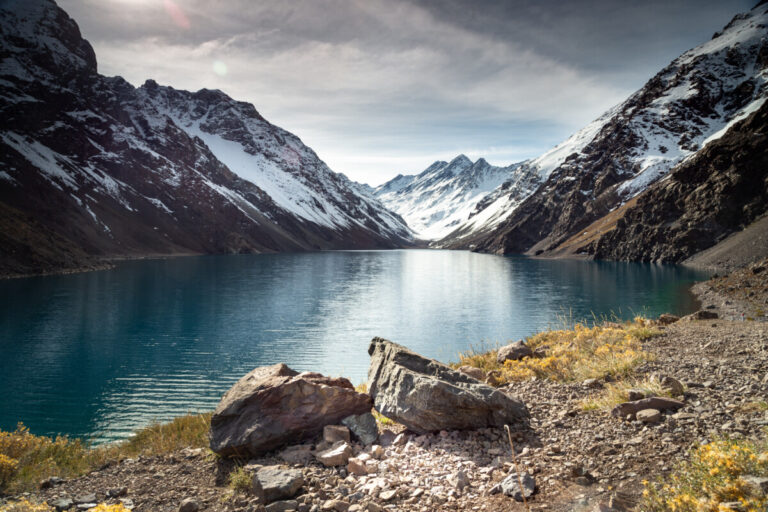The lithium lag weighs more for the magnitude and weight of the industry, especially in Chile, and one of the main reasons lies in the lack of innovation to make the extraction of this mineral more sustainable and efficient.
By Rodrigo Dupouy Bunster
Santiago de Chile – One of the biggest challenges we face today is the climate crisis. This is why more and more companies are changing the way they operate and reaffirming their commitment to the environment.
Although environmental protection standards in our country have increased considerably, some sectors have been lagging behind, such as lithium mining. A lag that weighs more on the magnitude and weight of the industry, especially in Chile.
One of the main reasons lies in the lack of innovation to make the extraction of this mineral more sustainable and efficient. The traditional way of obtaining it is through brine evaporation. Under this method, the brine is extracted directly from the salt flats and deposited in large evaporation ponds, which after a period of 12-18 months in the sun, evaporates and yields 6% lithium.
There are several drawbacks associated with this method: The main one is that the evaporation of the brine affects the ecosystem of the salt flats, due to the reduction of the water balance. Of course, this has an impact on the life present in the salar, as other elements in the brine such as potassium, sodium, and iodine are lost with evaporation, which harms everything from micro-organisms to the natural habitat of endangered species such as flamingos.
But there are technologies and methods to radically change this reality. One is Direct Extraction Technology (DLE) to extract the brine from the salar and, through a Selective Absorption method, obtain only the lithium and chlorine in much higher proportions than evaporation, as over 85% of the available lithium can be obtained. The rest of the brine components are almost entirely reinjected into the salt flats, preserving the water balance and its ecosystem.
In the 21st century, we must realise that innovation is no longer an alternative, but an obligation. We are finally investing in ourselves, and in this context, lithium is a key player in the energy of the future. Chile has the opportunity to be a leader in its production, and if we do not step up the pace, this will become a threat to our potential as a country with one of the largest reserves of minerals in the world.
The way we approach public policy on lithium extraction and development is at a more propitious moment than ever to open the debate and challenge multiple dimensions related to the role of the state, the upcoming constitutional status, and how to encourage a market that demands increasing degrees of competition, openness and, at the same time, development and innovation.
Lithium should be seen as a national agenda, and not as a niche dispute between long-standing incumbents and new entrants pushing in a line of regulatory stasis. In 2022 it will be 51 years since the nationalisation of copper, which succeeded in disciplining transversal wills in the Chilean political class and society in the 1970s. Lithium should mobilise an equally compelling agenda. Let us seize the opportunity or face the threat of being left behind.

